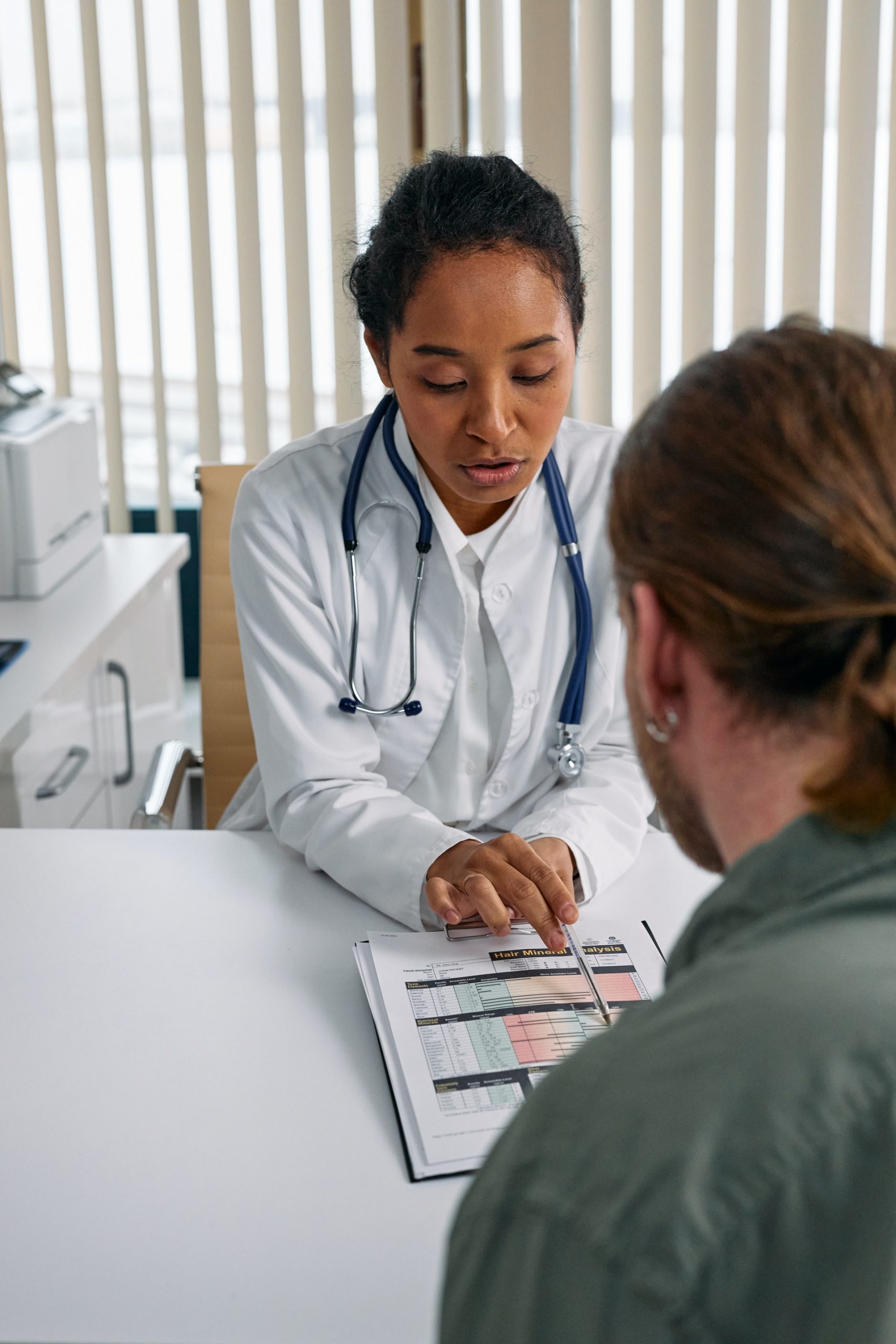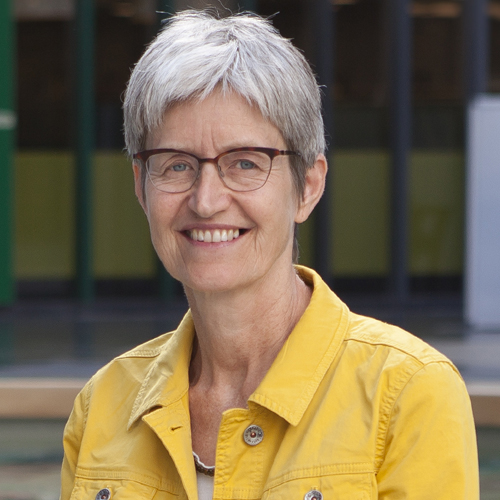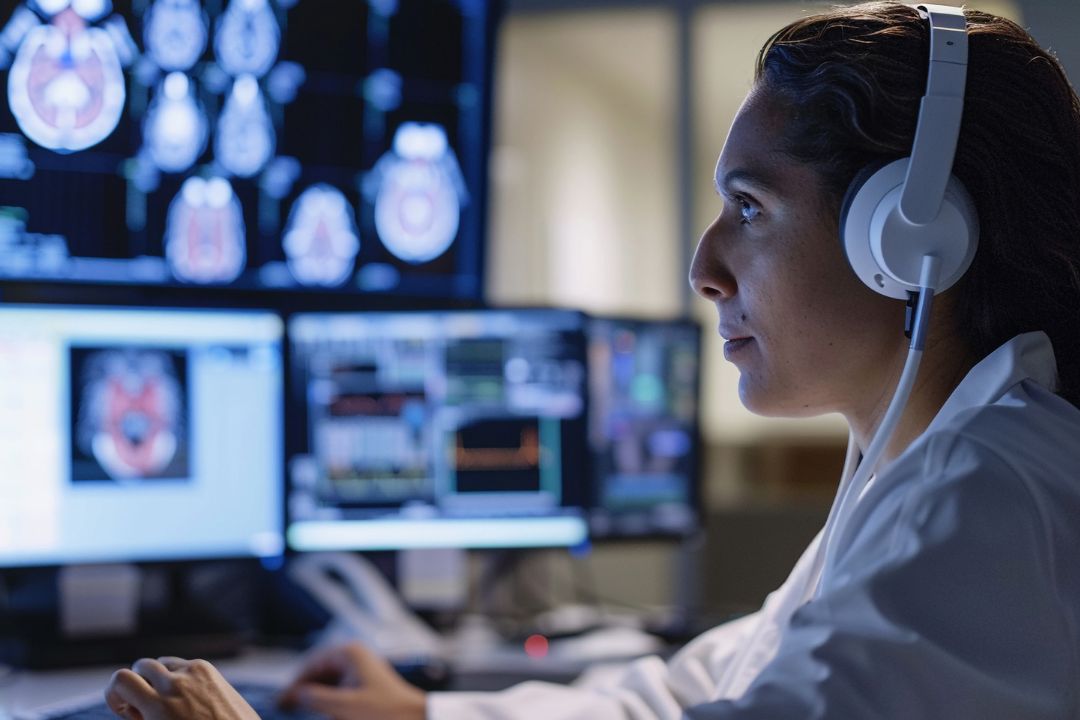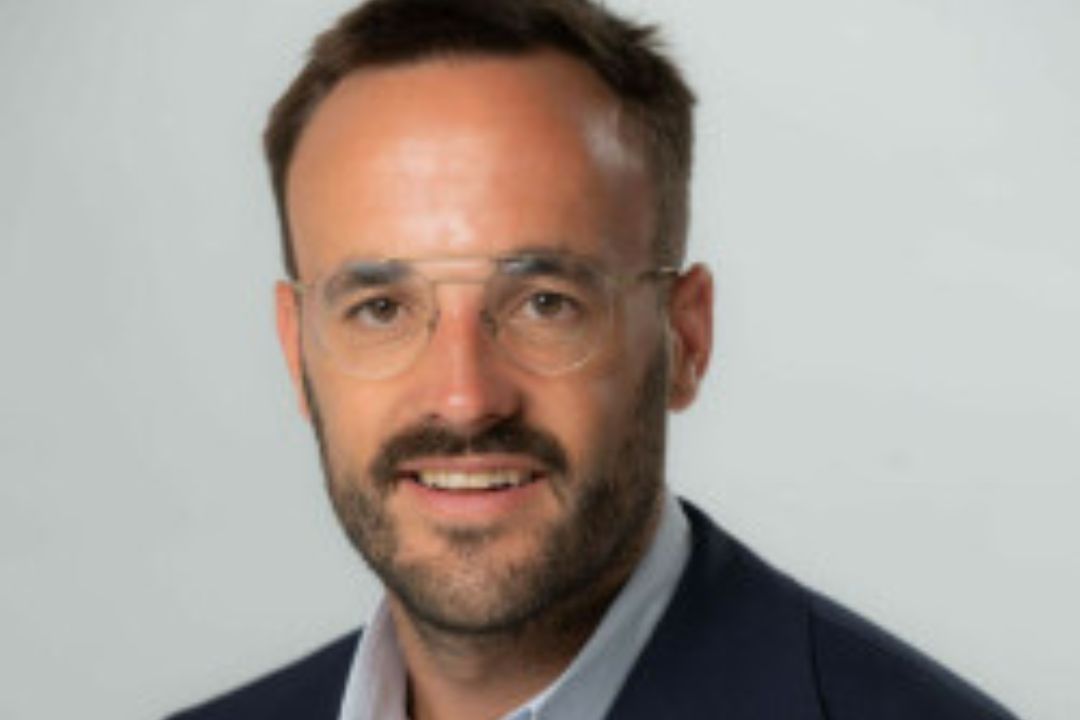26th May 2021
‘During a conversation at the doctor’s desk, I black out’. This actual patient’s reaction is far from unique. The consequences of poor health literacy can be grave. People with health literacy problems on average call on their doctor in a more advanced stage of illness. They will poorly adhere to treatment and have more difficulty to adjust their lifestyle. The Health Literacy research group at UMC Groningen built an evidence base on health literacy and translated this into education to maximise health impact. Targeted, inclusive communication can lower hospitalisation, mortality and costs.
Health care professionals are busy people. And the medical field uses a jargon that is hard to understand for some patients. An assessment with a health literacy tool of leaflets in medical waiting rooms can have quite an alarming outcome. After speaking to their health care professional or reading a leaflet, many patients are unable to memorise or understand the content. They are unable to describe their health situation and cannot replicate the next steps in their treatment. It could be they are totally blank or that they draw the wrong basic conclusions. Should they take their medicine before or after breakfast? Should they use it orally or otherwise?
In a more general sense, people with health literacy challenges are unable to weigh short term and long term consequences, for instance with hypertension. Patients don’t feel they have it, but they can experience side effects from medicines. They are tempted to stop treatment, disregarding the long term health consequences.

Health literacy problems are not solely linked to intelligence or education level. The availability of health information, the quality of the health care system and the communication training received by health care professionals all play a role. Incidence varies throughout Europe, from 14% in The Netherlands to 48% in Bulgaria.
Awareness and practical solutions
“It is important to state that this is not due to a lack of motivation”, says associate professor Andrea de Winter, lead of the Health Literacy research group at UMCG. “It’s just that the message didn’t come across. And people with health literacy are often ashamed to ask for further explanation – or even ashamed of admitting they have symptoms. They tend to say ‘it’s not that bad’, whereas loved ones indicate: ‘but you do have these symptoms.’
For medical professionals it is not always easy to pick up the subtle non-verbal signals from people who don’t understand them. Constant nodding, for instance, generally isn’t a sign of understanding – rather the contrary. People with low health literacy have trained themselves to hide that fact. De Winter and her research group developed a Massive Open Online Course (MOOC) to teach health professionals to identify health illiteracy quicker and to subsequently offer their patients information in a way they understand.

“Our first MOOC concentrates on awareness of the individual health care professional: the problem, the consequences for care and patients and practical solutions. For instance: divide your message into parts and ask the patient to summarise after each part.”
Dr. Andrea de Winter, UMCG
A broader perspective
The second MOOC takes a somewhat broader perspective. Not only the patient communication of the individual professional, but also the organisation’s leaflets and website texts and navigation are considered. It also takes collaboration in multidisciplinary teams and communication consistency into account. Maximum patient orientation is the goal. “It comes down to: ‘what can you do to reduce barriers for this patient category?’, De Winter summarises.
This second MOOC isn’t fully operational yet. The numbers on the first MOOC are satisfying for De Winter: “We will finish our evaluation this year, resulting in a forthcoming scientific publication. Some 1,200 participants took the course so far – 70% from Europe, 45% students and 55% working professionals. Participants generally follow it in full and afterwards indicate that they are satisfied with it.”
What’s more, De Winter hears from lecturers who include parts of it in their standard curricula. “We hear this specifically from areas where patient communication didn’t get a lot of emphasis until now. The feedback we get will be ploughed back into further new videos, for instance on mental health literacy. So stay tuned for more information on inclusive commmunication.”
The MOOCs are available through FutureLearn platform.
Read more about the INCLUDE4HEALTH project
New data shows AI innovation needs skills beyond coding

The largest live dataset of AI start-up talent analysed.
Europe's top health start-ups take centre stage: EIT Health Catapult winners are revealed at HLTH Europe

2025 Catapult programme winners announced.
Finding Europe’s next healthtech leaders: Insights from Antoine D’Hollander

Insights from Antoine D’Hollander, Capricorn Partners.